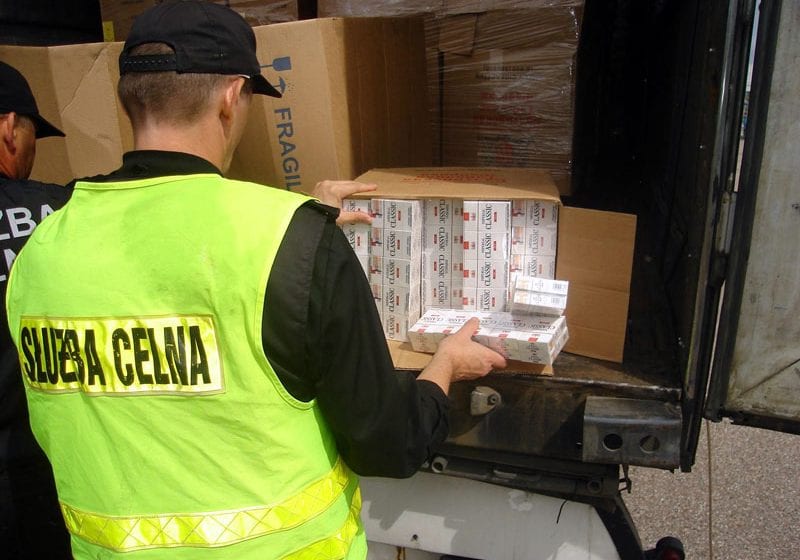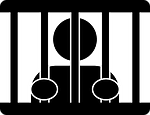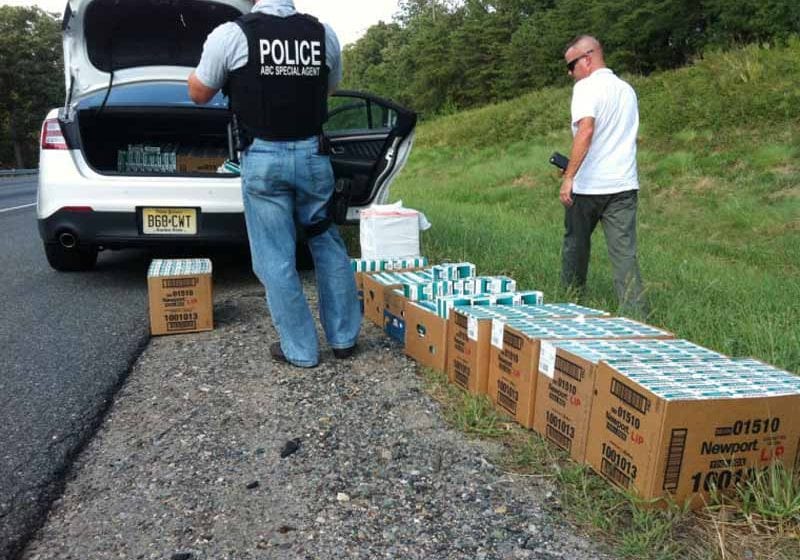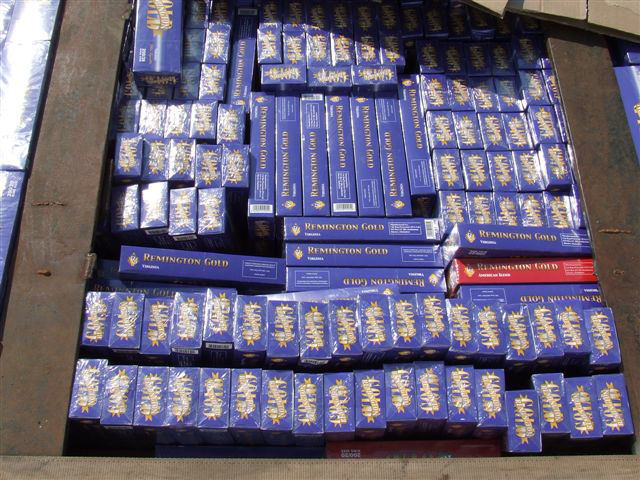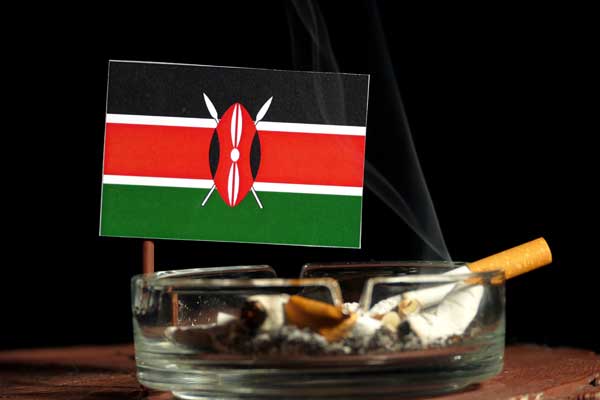Philip Morris International said yesterday that 31 projects had been selected for funding in the second round of PMI IMPACT, a global initiative supporting third party programs dedicated to fighting illegal trade and related crimes. The PMI IMPACT Expert Council was said to have selected the projects from more than 157 proposals.
PMI IMPACT has allocated $49 million for the implementation of more than 60 projects in 41 countries as part of its first and second funding rounds.
‘The successful applicants come from 23 countries in Europe, Eastern Europe, Middle East, Asia, North and South America, representing a broad range of sectors including think tanks, academic institutions, universities and law enforcement authorities,’ PMI said in a note posted on its website.
‘A total of $21 million has been allocated for the implementation of the selected projects.’
Paul Makin, a member of the Council, was quoted as saying that the selected projects stood out for their innovative thinking and systematic approach to addressing the complexities of illegal trade and its links to a broader range of criminal activities.
“We are looking forward to seeing these ideas come to fruition and thereby help advance the global efforts to strengthen security and prevent crime around the world.”
The selected projects are aimed at addressing multiple aspects of illegal trade – ranging from tobacco, alcohol and pharmaceutical products to the trafficking of rare animal species. Beyond illegal trade, the projects are set to tackle a broad network of related crimes such as drug trafficking, money laundering and modern-day slavery.
PMI announced the results of the second funding round during a meeting of the OECD [Organisation for Economic Co-operation] Task Force on Countering Illicit Trade.
“Fighting illicit trade is in PMI’s DNA and I am delighted that PMI IMPACT is enabling organizations around the world to really make a difference against illegal trade, not only in tobacco but across a wide range of sectors,” said Alvise Giustiniani, PMI’s vice president illicit trade prevention.
“It’s only through concerted efforts and broad public-private collaboration that we’ll be able to implement meaningful and long-term solutions against illegal trade.”
The projects, which are expected to be completed during the next two years, include:
- ‘Projects that seek to better understand the links and drivers around organized crime and illegal activities in high risk border areas and provide analysis and recommendations on how to tackle them;
- ‘Actions to use innovative digital tools and solutions to create databases and platforms to allow for the capture and identification of key trends in illegal trade;
- ‘Initiatives to raise awareness on the impact of illegal trade and develop dialogue between public and private sector actors in tackling the issue; and
- ‘Programs to tackle specific areas of concern and the links between different forms of illicit trade as part of global criminal networks.’
A list of the selected projects is available on the PMI IMPACT website at:

